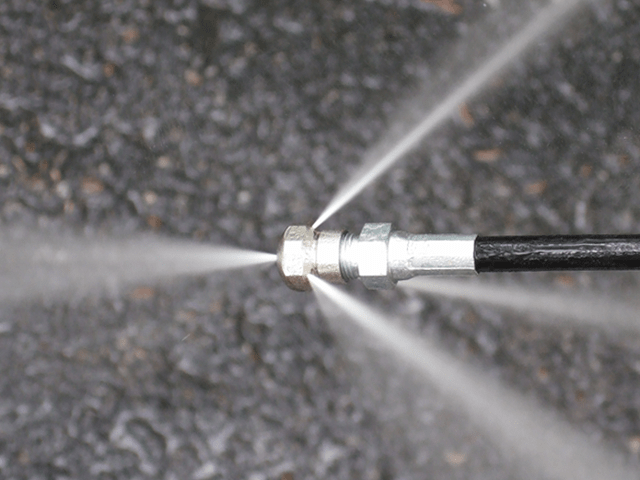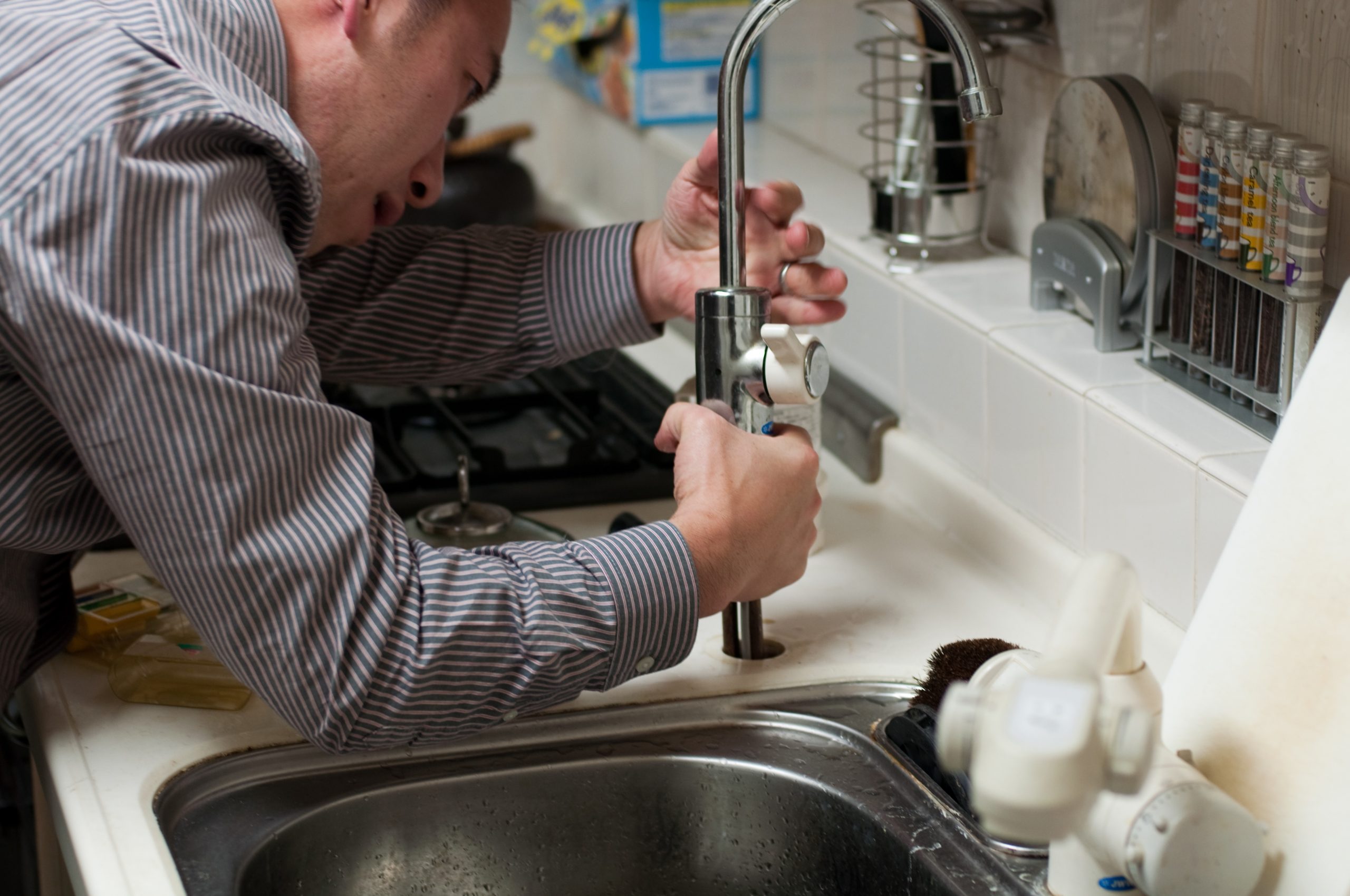How to Protect Your Pipes From Bursting in Frigid Weather: Top 5 Winter Hacks
How to Protect Your Pipes From Bursting in Frigid Weather: Top 5 Winter Hacks
Blog Article
This post which follows on the subject of Prevent Freezing and Bursting Pipes is amazingly captivating. Read it yourself and decide what you think of it.

All home owners who live in temperate climates need to do their best to winterize their pipes. Failure to do so can spell disaster like frozen, fractured, or burst pipelines.
Switch on the Faucets
When the temperature declines and also it appears as if the icy temperature will certainly last, it will assist to switch on your water both inside and also outdoors. This will certainly maintain the water streaming via your plumbing systems. On top of that, the movement will reduce the freezing procedure. Notably, there's no need to turn it on full blast. You'll wind up squandering gallons of water in this manner. Rather, go for about 5 drops per min.
Open Up Closet Doors Hiding Plumbing
It would certainly be handy to open up cabinet doors that are camouflaging your pipes when it's chilly outside. As an example, they could be someplace in your cooking area or washroom. This will enable the warm air from your heating unit to distribute there. Because of this, you prevent these exposed pipes from cold. Doing this tiny method can maintain your pipelines cozy as well as limit the potentially dangerous outcomes of freezing temperatures.
Take Some Time to Wrap Exposed Pipeline
One simple and awesome hack to warm up icy pipelines is to wrap them with warm towels. You can also make use of pre-soaked towels in warm water, simply don't neglect to put on protective gloves to safeguard your hands from the heat.
Attempt a Hair Dryer or Heat Weapon
When your pipelines are virtually freezing, your reliable hair clothes dryer or warmth gun is a godsend. If the hot towels do not help dislodge any type of settling ice in your pipelines, bowling warm air directly right into them may aid. You may end up destructive your pipelines while trying to thaw the ice.
Shut down Water When Pipes are Frozen
Turn off the major water valve quickly if you see that your pipelines are entirely frozen or virtually nearing that stage. You will usually locate this in your cellar or laundry room near the heating unit or the front wall surface closest to the street. Transform it off as soon as possible to avoid more damages.
Do not neglect to shut outside water sources, as well, such as your connection for the yard house. Doing this will avoid extra water from filling your plumbing system. Regrettably, with more water, more ice will pile up, which will ultimately cause rupture pipelines. It is best to call a professional plumber for an evaluation if you are uncertain about the state of your pipelines this winter months. Taking this aggressive technique can conserve you countless dollars in repairs.
All home owners that live in pleasant environments must do their best to winterize their pipelines. Failing to do so can mean catastrophe like frozen, fractured, or burst pipes. If the warm towels do not assist dislodge any settling ice in your pipelines, bowling warm air straight into them might aid. Turn off the main water shutoff immediately if you observe that your pipes are totally frozen or almost nearing that phase. With even more water, even more ice will pile up, which will eventually lead to break pipes.
PREVENT YOUR PIPES FROM FREEZING THIS WINTER
A Leading Cause of Property Damage
When the weather is taking a deep nose dive into the cold dreary days, the risk of your pipes freezing and potentially bursting skyrockets. Unfortunately, during these cold dreary months, burst pipes are the most common denominator for property damage. The pipes that are most at the risk are those that are in areas where it is most cold in your home. For instance, pipes located in interior places such as basements, attics, and your garage. Unfortunately, that doesn’t mean that the pipes running through your cabinets or exterior walls can’t freeze. Good news, however, is that you can do things to help prevent pipes from freezing.
How to Prevent Pipes From Freezing
Once the temperature starts to drop during the winter, you should be taking the proper measures needed to ensure that your pipes stay warm and that there is circulation of water through them. Some steps that experts may recommend could go against your better judgement when it comes to saving water and heat. However, it would go without saying that when expenses are compared, damaged pipes could put a bigger dent in your wallet than a water bill.
What Can I Do?
Keep your garage door closed. This is very important, especially if you have water supply lines running through your garage. Open your kitchen and bathroom cabinets to allow warm air to circulate through them. Allow air circulation throughout your home. Keeping the interior doors open will once again allow the warm air to circulate inside your home. Ensure your thermostat is running the same temperature throughout the night and day. If you plan to be away from home during the cold months, set your temperature no lower than 55° F. This should provide enough heat to keep the pipes warm and prevent any remaining water inside the pipes from freezing. For more of a long-term solution, add insulation to attics, basement, and other crawl spaces around your home. By allowing your faucet to drip, it will alleviate pressure in the system. This is important because the pressure that is created between the blockage and the faucet can potentially cause the pipes to burst. Allowing the faucet to drip will prevent the pressure from building up, therefore keeping the pipes from bursting. Seal any cracks, openings, and crawl spaces around your home to prevent cold air from coming inside. This keeps your pipes-not to mention your home-warmer and less susceptible to issues caused by freezing temperatures. For the pipes in your home that are easily accessible, applying electrical tape to them might prevent them from freezing over. This is a quick fix, as you can apply the tape directly to the pipe. There are two options for heating tapes. One turns on and off by itself when it senses heat is needed. The other type of heating tape needs to be applied when heat is needed and removed when not necessary. If you have exposed pipes in your home, you can check this website to take a look at a few options that would be available at a shop near you.

I recently found that page on How to stop pipes from freezing during the winter when doing a search on the search engines. Appreciated our write-up? Please share it. Let another person discover it. I praise you for your time. Visit us again soon.
Get Quote Report this page